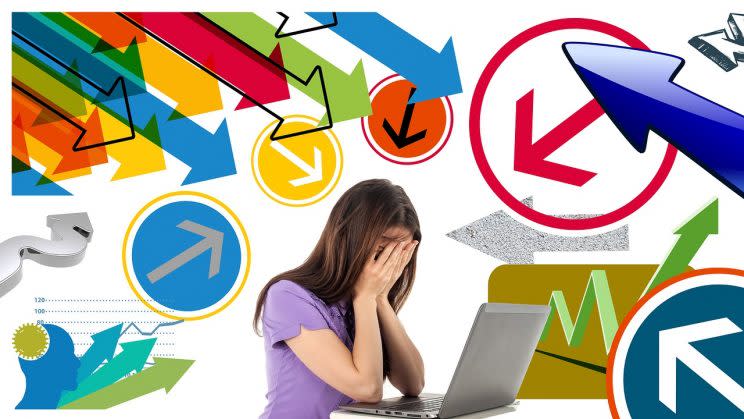Can stress cause high blood pressure?

Stress can make your muscles tense and your breathing quicken. It can also cause your blood pressure to rise momentarily. But, you might wonder, is this temporary spike in blood pressure a sign of high blood pressure, also known as hypertension? Can stress, referred to as a silent killer, cause high blood pressure?
A short-term spike in blood pressure is not a sign of high blood pressure. And while stress is generally harmful for health, there is no conclusive proof that it can cause high blood pressure on its own.
However, frequent episodes of short-term stress-related spikes in your blood pressure can damage your blood vessels and put you at risk of developing long-term high blood pressure, says Adjunct Assistant Professor Tong Khim Leng, chief and senior consultant cardiologist and director of the Coronary Care Unit at Singapore’s Changi General Hospital.
She adds: “Although, currently there is no evidence that stress by itself can cause long-term high blood pressure, it is important to note that other unhealthy behaviours that are linked to stress such as binge-eating, excessive consumption of alcohol and lack of sleep can cause high blood pressure.”
Normal blood pressure is less than 120/80mmHG (systolic/diastolic; mmHg is millimetres of mercury). You have high blood pressure if your systolic pressure is 140mmHg or more and/or your diastolic pressure is 90mmHg or more.
In 95 per cent of cases, the exact cause of high blood pressure is unknown. In the remaining 5 per cent, it may be due to underlying causes such as kidney disease, narrowing of blood vessels, hormonal imbalance, or other reasons.
What happens to blood pressure when you are stressed?
Your body overproduces hormones such as adrenaline when you are stressed. These hormones can temporarily increase your blood pressure by making your heart beat faster and by constricting your blood vessels.
“Too much stress can cause emotional and psychological distress which will trigger blood pressure to spike temporarily,” says A/Prof Tong.
How to manage stress
Simplify your schedule by focusing on tasks that are important and eliminating those which are unimportant.
Make time for physical exercise which reduces stress, lowers your blood pressure and promotes good cholesterol.
Use relaxation therapies when you feel rushed and under pressure. Deep breathing has been found to reduce heart disease risk factors such as high blood pressure.
Get enough sleep. People who exercise and get plenty of sleep are more optimistic and better-able to solve problems.
Related article: Study finds a billion people have high blood pressure


